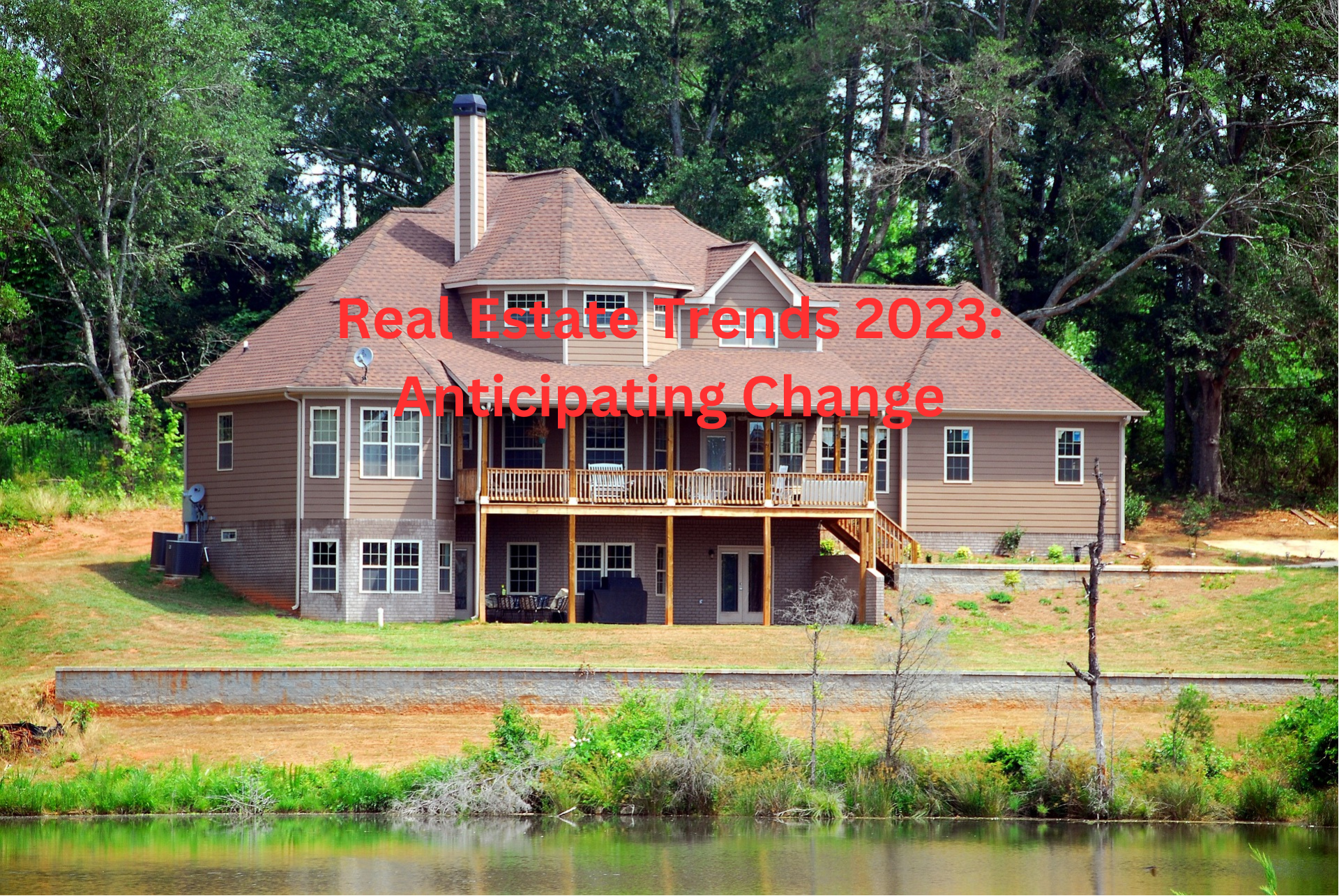Real Estate Trends 2023: Anticipating Change
Anticipated real estate trends for 2023 include a growing focus on sustainable development, the integration of smart home technologies, a rise in suburban and secondary markets, the continued impact of remote work on commercial real estate, the emphasis on wellness-centered design, and data-driven insights driving decision-making and customer experiences.
Growing Popularity of Smart Parking
Smart parking solutions are gaining popularity in the real estate industry. Leveraging IoT, sensors, and mobile apps, these solutions optimize parking space utilization, reduce congestion, and enhance user convenience. The increasing adoption of smart parking reflects its potential to revolutionize urban mobility and improve the overall parking experience for individuals and businesses alike.
Remote Work’s Impact on Commercial Real Estate
Remote work has had a significant impact on commercial real estate. As more companies adopt flexible work arrangements, the demand for traditional office spaces has decreased. This shift has led to the repurposing of office spaces, the rise of coworking spaces, and the need for innovative solutions to cater to the changing needs of remote workers, reshaping the commercial real estate landscape.
The Future is Here: Digital House-Hunting
Digital house-hunting has revolutionized the real estate industry. With online platforms, virtual tours, and augmented reality, prospective buyers can explore and experience properties remotely. This technological advancement offers convenience, expanded options, and a more immersive house-hunting experience, shaping the future of real estate transactions.
Price Escalation: Home Prices on the Upswing
Home prices are on the upswing, experiencing a significant escalation in the real estate market. Factors such as low inventory, high demand, and favorable lending conditions contribute to this upward trend. This price escalation presents challenges for affordability, while homeowners benefit from the appreciation of their property values, creating a dynamic market environment.
Urban Rental Property in Decline
Urban rental property markets are facing a decline in recent times. Factors such as changing demographics, remote work trends, and economic uncertainties have contributed to reduced demand, increased vacancies, and potential decreases in rental prices. Landlords and property owners in urban areas are navigating these challenges by adjusting rental strategies and exploring new avenues to attract tenants and revitalize the rental market.
Declining Number of Individual Real Estate Investors
The number of individual real estate investors is experiencing a decline. Various factors such as increasing competition, rising property prices, and evolving market conditions contribute to this trend. The shrinking pool of individual investors necessitates a careful evaluation of investment opportunities, alternative strategies, and a focus on long-term value creation to adapt to the changing dynamics of the real estate industry.

